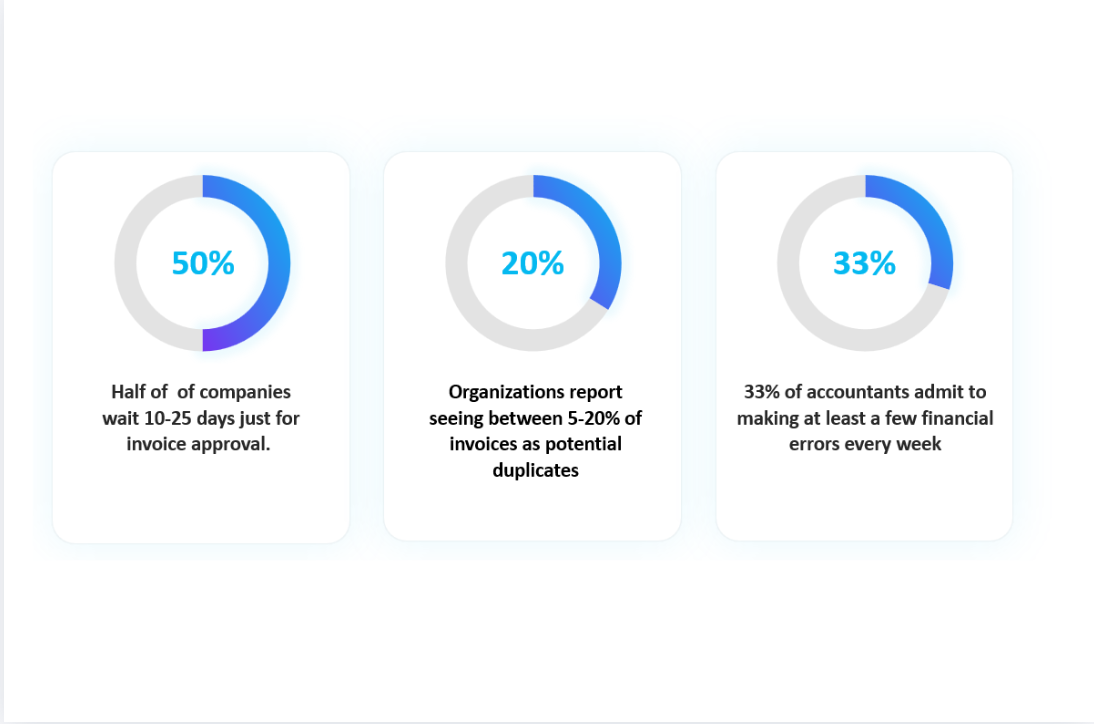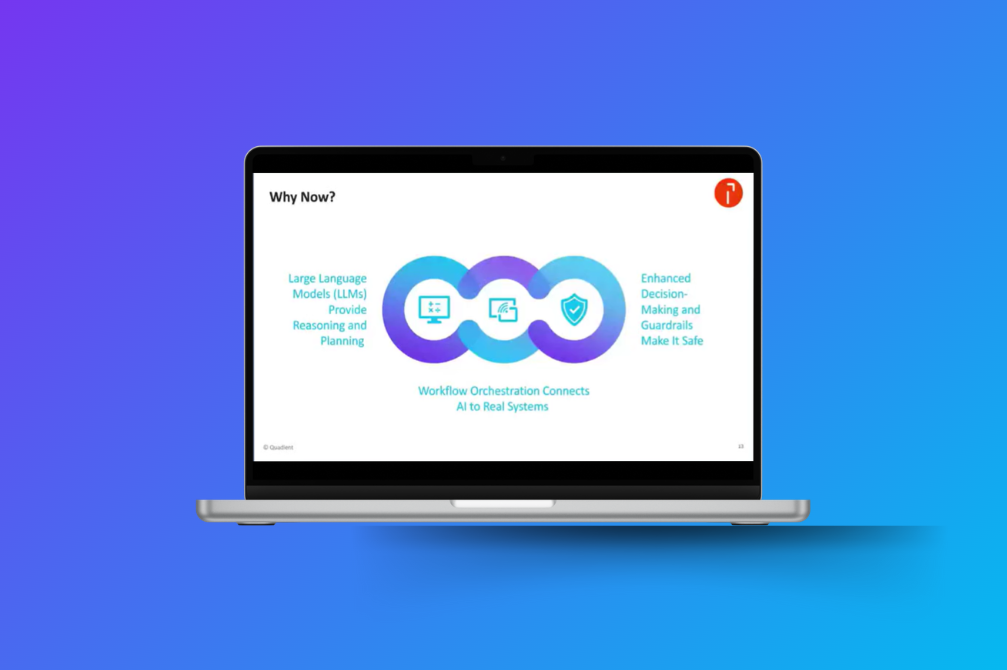Issues include consumers having to share data with businesses they don’t trust; increased spam; and failure to learn from the lessons of the pandemic
London, UK – Consumers who suffered through poor customer service during the pandemic are preparing to take action against the businesses that failed them, research from Quadient shows. In the survey of 2,000 UK consumers[i], 32% said they have stuck with businesses that offered poor customer service during the pandemic but will be switching to competitors offering a better service when the pandemic ends. The survey also points to a lack of trust in businesses, and customers who feel trapped in their relationships. 40% of consumers share their data with businesses that they don’t trust, for instance because they have no choice if they want to receive services.
The pandemic marked an opportunity to build trust with customers, one that many businesses have squandered. 47% of consumers experienced issues with organisations that failed to adapt to the pandemic – for instance, by sending post to an empty work address, or suffering call centre issues. Of those, 62% experienced these issues in the last year – i.e. after organisations had had months to adapt. Such elementary mistakes are rapidly turning consumers away: 70% are more than willing to blacklist businesses for communication failures such as sending spam (identified by 43%), using the pandemic as an excuse for poor customer service (37%), or getting basic personal information wrong (21%).
“The last two years should have been an opportunity for organisations to transform the way they communicate, and ensure they are building relationships and trust with consumers,” said Duncan Spanner, Managing director UK & Ireland at Quadient. “Customer demands and expectations are always evolving, and 2020 and 2021 accelerated the process. With this winter likely to introduce more challenges, the need for clear communication with customers is more urgent than ever. Businesses can’t afford to be complacent. They must make sure their communications are flawless and offer customers the experience they expect.”
For organisations to improve, they need to understand consumers’ frustrations with their experience, and address the issues identified. These include:
- Lack of trust in data safety: 66% of consumers do not trust the businesses they share data with to store, manage and use that data responsibly; and 26% will not share data because of this.
- Improving alternative communications channels: Only 32% of consumers said that customer service over “alternative” channels – such as online services and social media – improved over the pandemic.
- Demonstrate that lessons have been learned: 42% of consumers are worried that businesses won’t learn the lessons of the pandemic, or that services won’t change from their current, sub-standard level.
- Reduce spam: 62% of consumers have received increased amounts of spam communications in the last 12 months.
- Guarantee data quality: 47% of consumers have been contacted by businesses using inaccurate information, such as the wrong address or name; 36% in the last 12 months, and 64% of those repeatedly.
However, there are also positive signs from consumers that businesses can build on:
- Alternative channels are improving for some: 26% of consumers say that alternative communication channels are already better than “traditional” channels such as phone or mail
- Frustration is still rare: Only 12% of consumers said they were “frustrated” by issues with organisations being unable to adapt to the pandemic – many more were prepared to be understanding.
- Not all consumer behaviour has changed: Only 20% of consumers have changed how they contact organisations during lockdowns – for instance, by contacting companies at different times of the day instead of waiting to do so during their lunch hour
- Businesses shouldn’t dismiss previous customer experience success: 21% of consumers believe that customer services were better pre-pandemic, and hope that they return to the old ways.
“Consumers are prepared to be forgiving, and even those organisations that struggled during the pandemic will have a surprisingly solid base to build from,” continued Duncan Spanner. “With consumers and businesses likely to face a challenging end to 2021, making sure that customers have the best experience and communications possible will be a key part of retaining trust into 2022. If organisations can recognise their issues, show they have learned their lessons, and build on their successes, then they can put themselves in the best position to thrive.”
About Quadient
Quadient is the driving force behind the world’s most meaningful customer experiences. By focusing on three key solution areas, Intelligent Communication Automation, Parcel Locker Solutions and Mail-Related Solutions, Quadient helps simplify the connection between people and what matters. Quadient supports hundreds of thousands of customers worldwide in their quest to create relevant, personalised connections and achieve customer experience excellence. Quadient is listed in compartment B of Euronext Paris (QDT) and is part of the CAC® Mid & Small and EnterNext® Tech 40 indices. For more information about Quadient, visit quadient.com.
[i] Survey of 2,000 UK consumers aged 18+ performed in August 2021 by Opinium Research







